The Independent Practice Advantage
Independent medical practices are the foundation of patient-centered care. They know their communities, build personal relationships, and deliver continuity that large systems often can’t replicate.
But that advantage comes with a growing challenge: administrative overload.
Every year, independent practices face more payer requirements, more documentation, more claims, and more burnout. Competing with large hospital systems often feels impossible—not because of quality of care, but because of operational strain.
Artificial intelligence (AI) is beginning to shift that balance. By automating time-consuming back-office work, independent clinics are finding new ways to grow, stay profitable, and maintain the independence that defines their care model.
1. Start by Understanding Where Time Is Lost
Before adding new technology, take a clear look at how your practice runs day to day.
Where do tasks slow your team down? Where are errors most common?
For many practices, the answer is consistent:
- Manual referral tracking and prior authorizations
- Documentation and visit note prep
- Claim submission and rework
- Refill management
- Compliance tasks and reporting
These aren’t small inefficiencies—they’re the quiet drain on every provider’s day.
AI can take over these repetitive processes, freeing your team to focus on patient care instead of paperwork.
2. Choose AI That Speaks Healthcare’s Language
Not all AI is ready for medicine. Generic automation tools might be able to schedule a meeting, but they can’t interpret a claim, understand payer rules, or read an EHR.
Healthcare-ready AI is built differently. It’s trained on clinical and operational data, compliant with HIPAA and SOC 2, and designed to work safely with patient information.
When evaluating vendors, ask:
- Does the platform understand healthcare workflows like referrals, billing, or documentation?
- Was it built for clinical settings or adapted from general business tools?
- How does it maintain data privacy and security?
The right platform won’t just speed up your workflow—it will protect it.
3. Make Integration a Non-Negotiable
AI should make your workflow lighter, not more complicated.
That means seamless integration with your EHR and daily systems.
Strong integration ensures:
- Tasks route automatically between staff and providers
- Documentation syncs in real time
- Billing data flows without manual uploads
- Staff can work inside familiar systems, without learning new ones
If AI adds extra clicks, it’s not automation—it’s friction. The best tools blend into your workflow so naturally that your team barely notices the technology doing the heavy lifting.
4. Measure ROI in People, Not Just Numbers
Independent practices can’t afford tools that sound great on paper but fail to deliver in practice.
Every investment should translate into real-world efficiency and better team experience.
Meaningful ROI might include:
- Time savings: Reducing administrative time per provider by hours each week
- Revenue protection: Fewer claim errors and faster approvals
- Staff satisfaction: Lower burnout and higher retention
- Patient access: More available appointment slots without more staff
AI’s real impact isn’t just operational—it’s cultural. It restores balance to overworked teams and lets them focus on the relationships that make care personal.
5. Build a Practice That Scales With You
Growth doesn’t have to mean complexity.
With the right automation foundation, small practices can expand locations, add new providers, or serve more patients without overloading staff.
AI that learns from your workflows gets smarter over time—adapting to your unique style of practice.
That means less disruption, better accuracy, and a system that evolves as your clinic does.
AI isn’t the end of independent practice—it’s the technology that will keep it thriving.
Why Independent Practices Choose Honey Health
Honey Health was designed to give independent clinics the same operational strength as large health systems—without sacrificing agility or personal care.
The platform brings together documentation, referrals, authorizations, billing, and refills in one place, directly connected to your EHR.
It’s healthcare-specific automation that fits naturally into your existing systems.
Key advantages include:
- Purpose-Built for Healthcare: AI trained on real clinical workflows.
- Seamless Integration: Works inside your current EHR and systems.
- End-to-End Automation: Streamlines the full administrative process—from intake to claim.
- Transparent ROI: Proven time and cost savings.
- Future-Ready Design: Grows as your clinic adds new providers or locations.
Honey Health gives independent practices the operational foundation they need to stay efficient, financially strong, and truly independent.
A New Kind of Independence
For decades, autonomy has been the hallmark of private practice. AI doesn’t take that away—it protects it.
By simplifying the operational side of care, automation helps small clinics preserve the human side.
The next generation of independent medicine won’t rely on volume to survive—it will rely on intelligence.
And that’s what turns independence into long-term stability.

